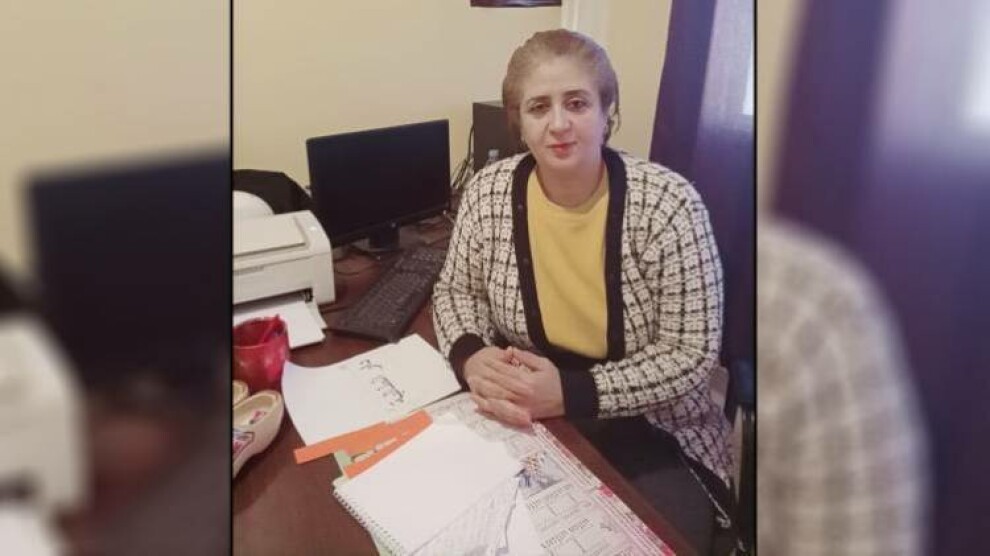Alarming rise in violence in Morocco
A law to combat violence against women in Morocco entered into force three years ago; however, gender-based violence is mounting in the country. Hakima Rekaibi, the head of the Association Aspirations Féminines, points out that gender-based violence has reached alarming levels in Morocco.

HENAN HARIT
Morocco- Although Morocco has a law to combat violence against women; figures show that more women are subjected to physical, psychological, and sexual violence by their husbands, relatives, and men they don’t know. Official figures also confirm the rising rates of violence.
The General Directorate of National Security (DGSN), Morocco's national police force, recorded 61,388 cases of violence against women from the beginning of 2021 to November 25. 7% of victims were minors. 41% of victims were subjected to physical violence, 27% of them were subjected to economic violence, 26% of them to psychological violence, and 2% of them to online violence, according to the DGSN.
The ages of victims
According to the DGSN, women aged 31 to 45 made up 38% of all victims. Women aged 18 to 30 made up 34%. The percentage of women aged 46 to 60 was 15%, girls aged 12 to 17 was 7%, women aged 60 and over was 5% and the percentage of girls under the age of 12 was 1%.
“We should determine the deficiency”
Speaking to our news agency, Hakima Rekaibi, the head of the Association Aspirations Féminines, pointed out that gender-based violence has reached alarming levels in Morocco. “Despite the enactment of Law No. 103/13 on combating violence against women three years ago, this law hasn’t been implemented in practice. We should determine the deficiency in the law to reduce the rising rates of gender-based violence. Women should be empowered by the international conventions,” she said.
The Association Aspirations Féminines launched a campaign with the motto, “The Moroccan people have a common voice and they reject violence against women” as part of the 16-Days of Activism campaign. Speaking about their campaign, Hakima Rekaibi said, “The campaign was launched to raise awareness of the public and strengthen women's movements.”
